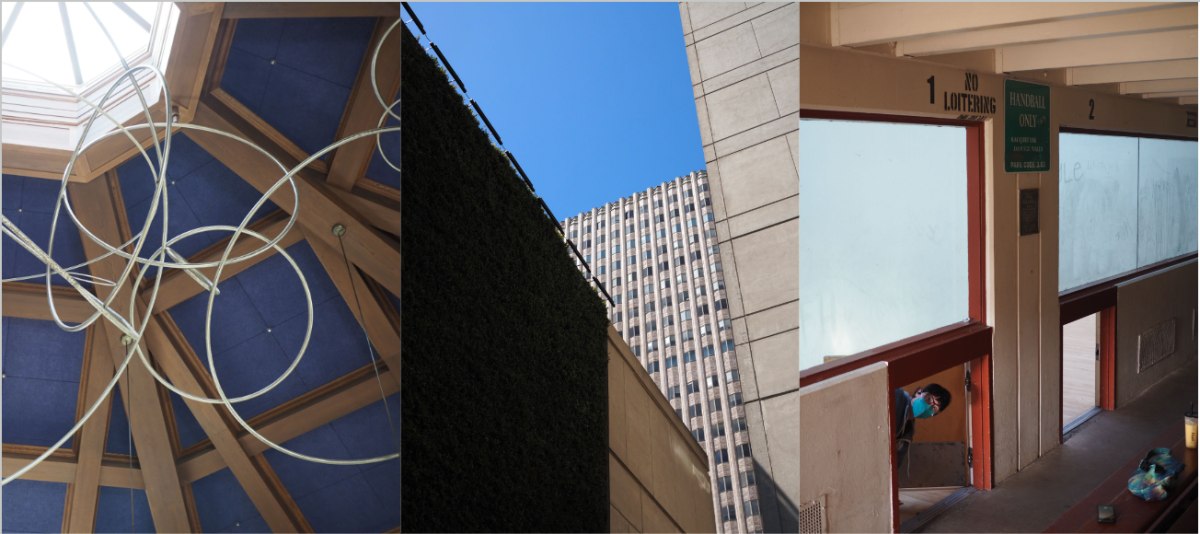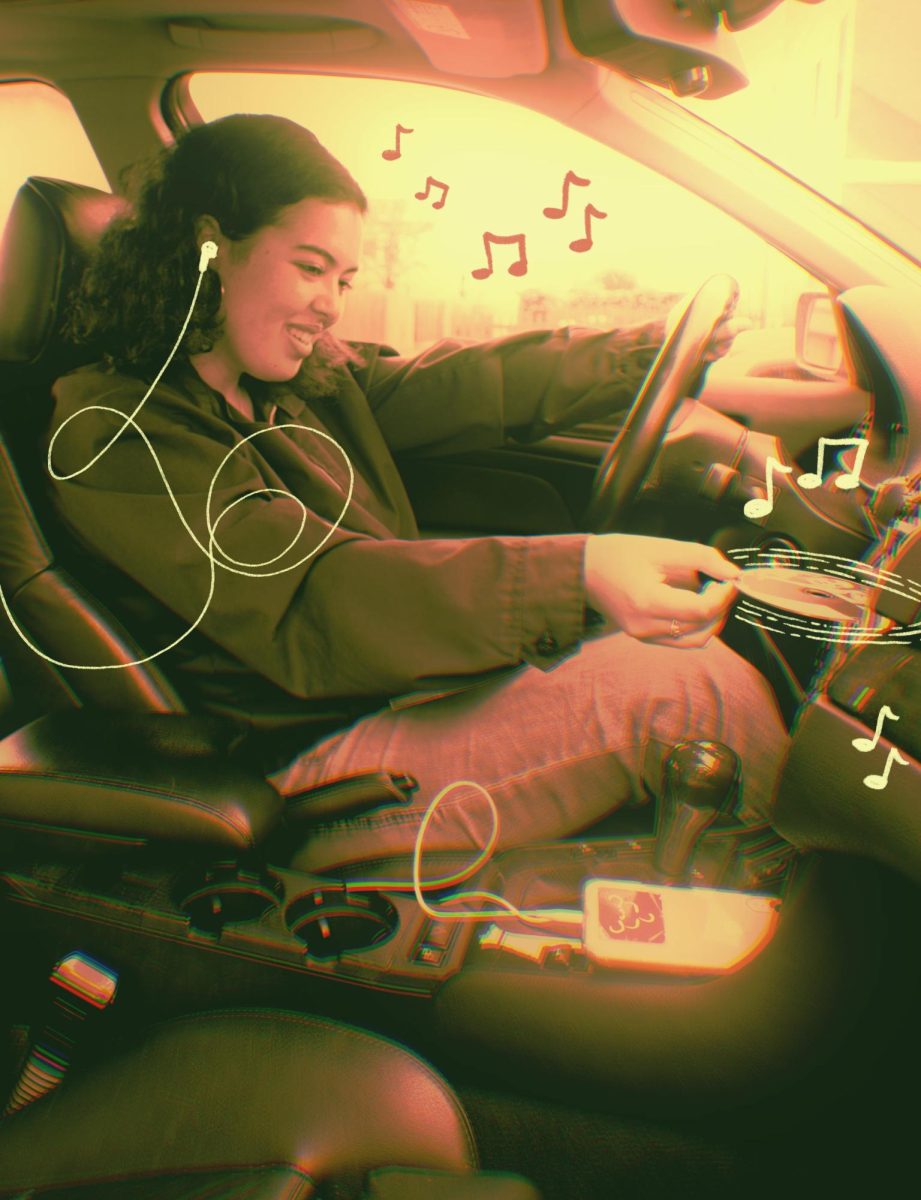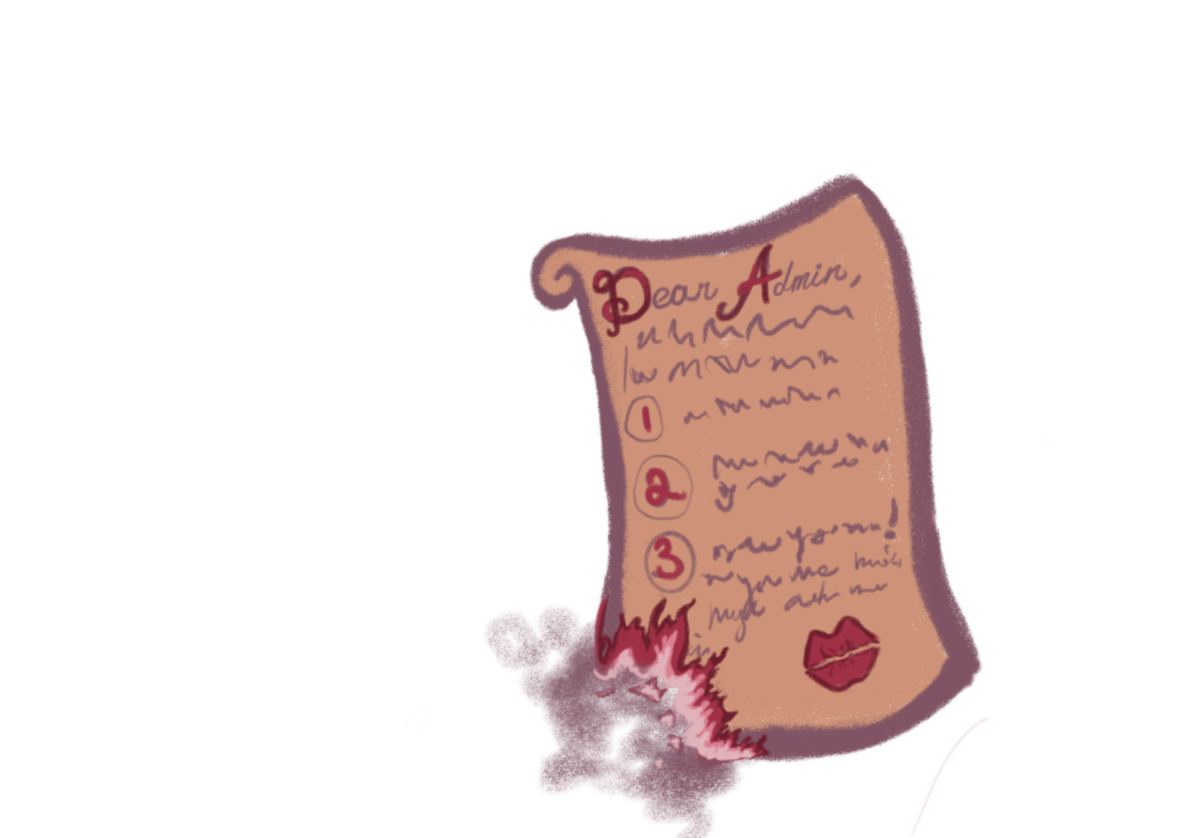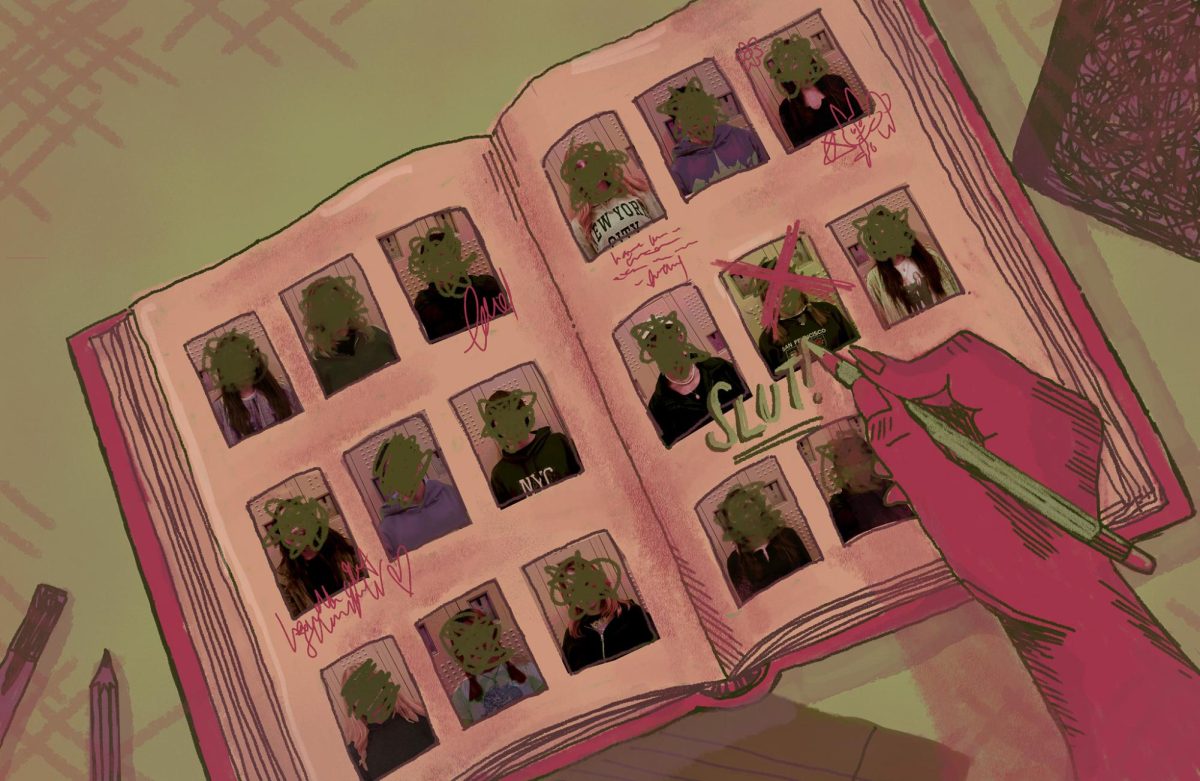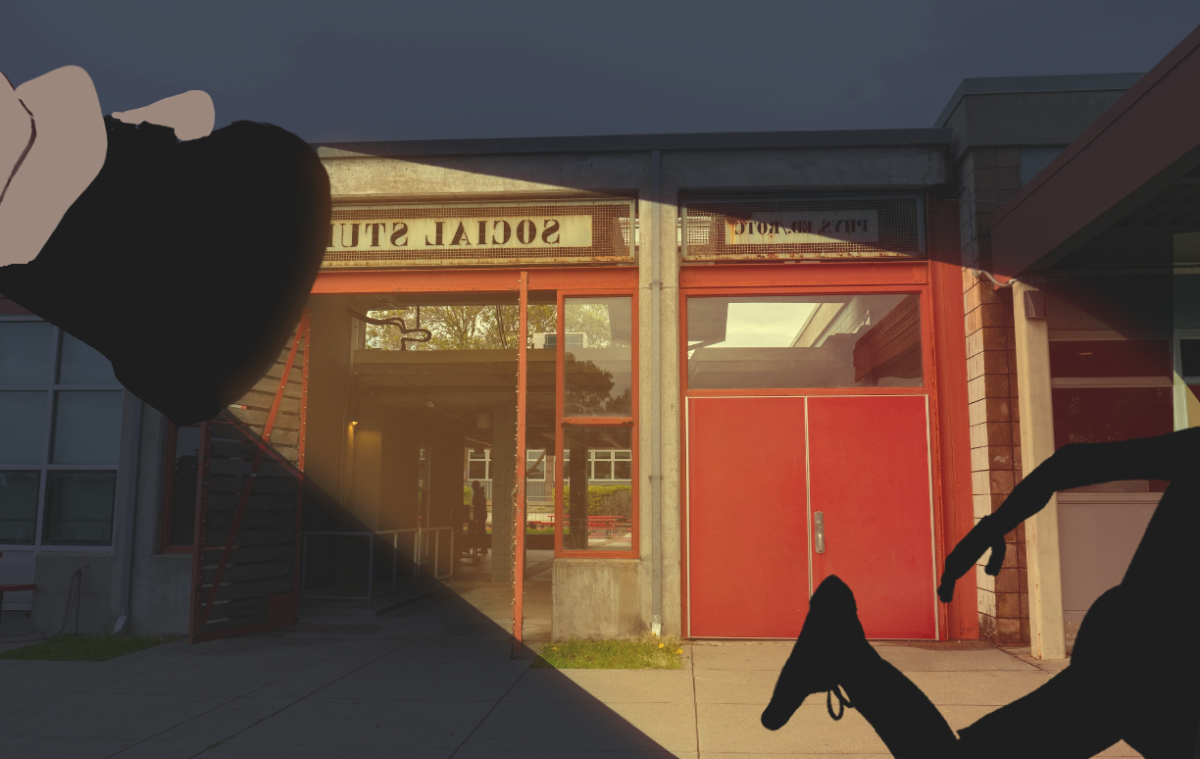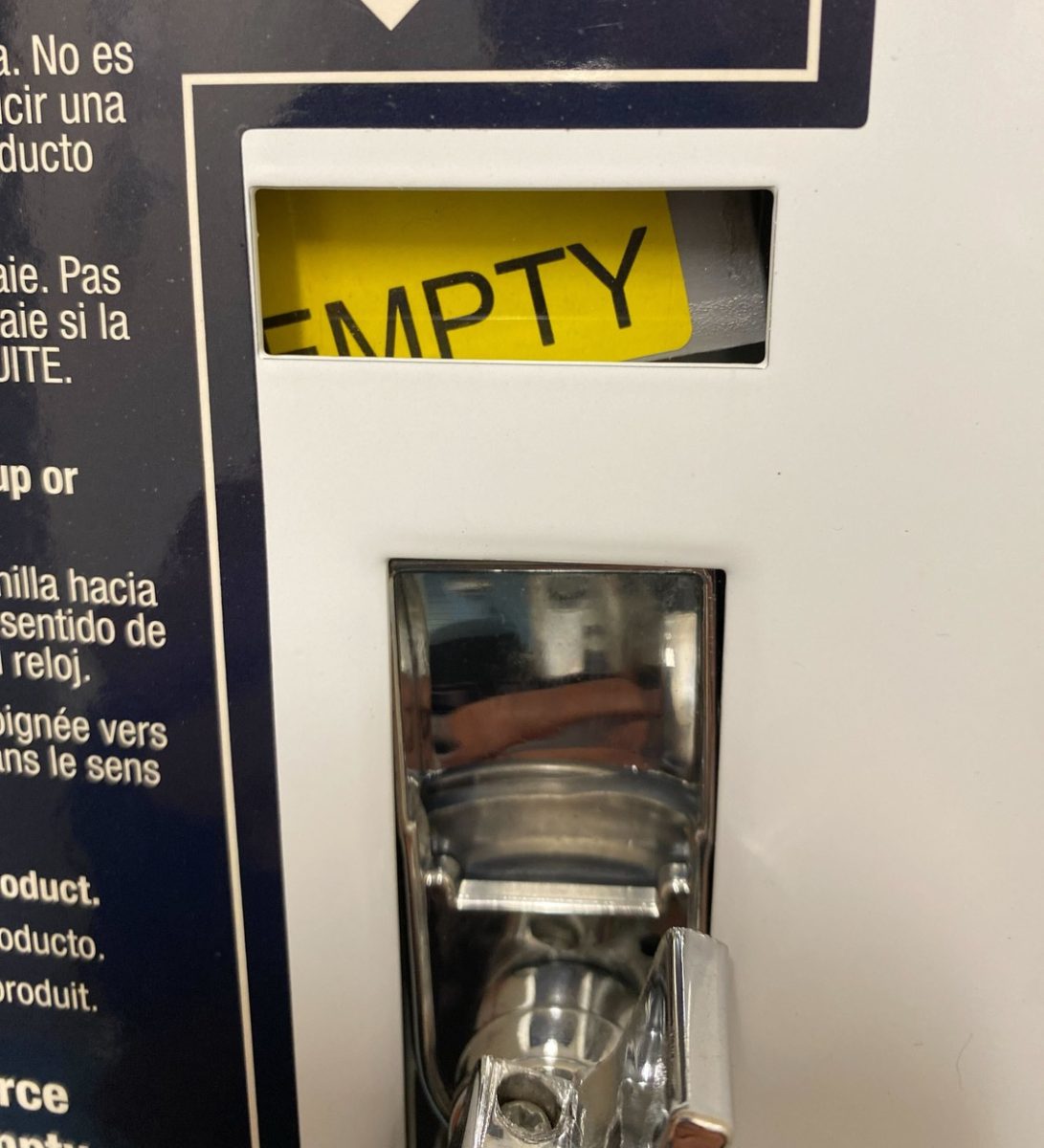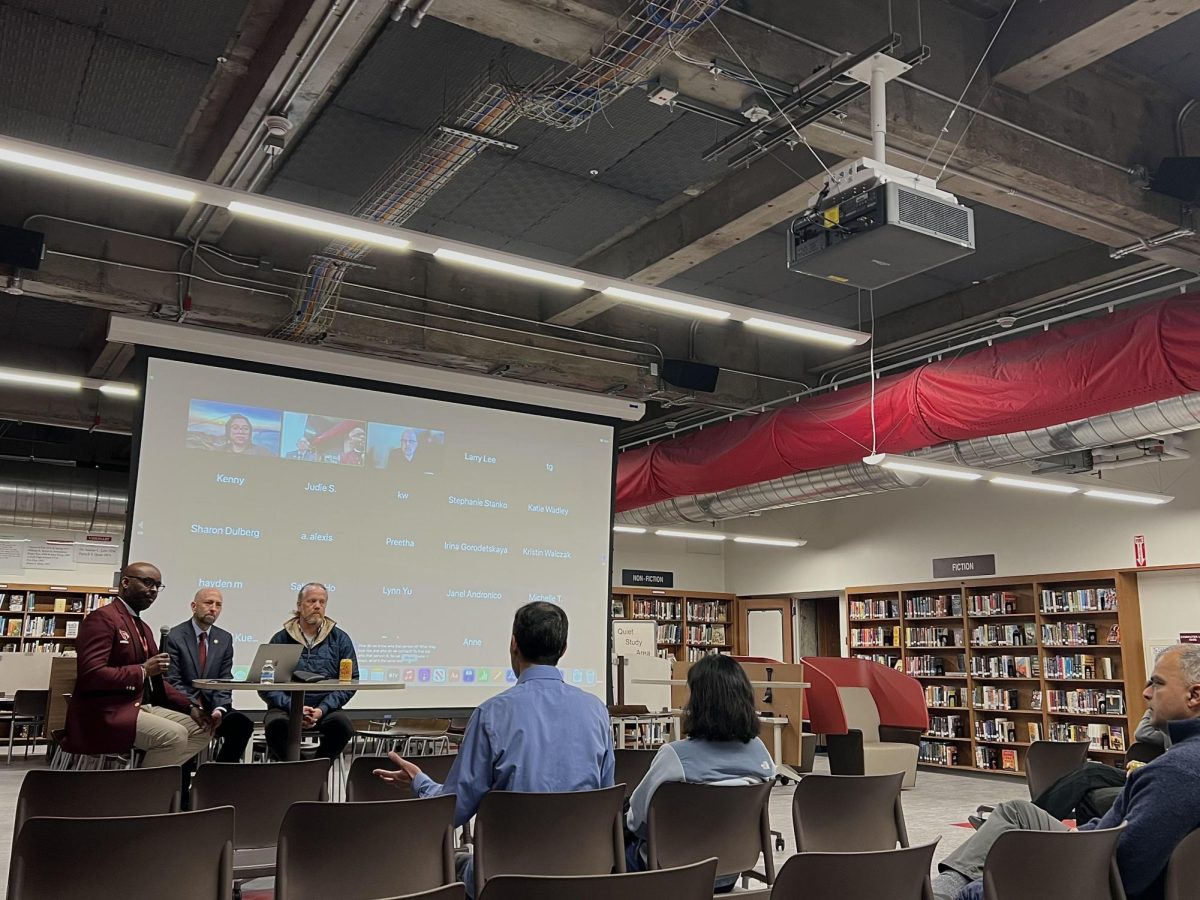Originally published on June 25, 2015
Ready to help the school be more eco-friendly?
The Eco Club has pioneered a petition to ban the sale of plastic water bottles on campus in an effort to help the school go green. Currently, the administration is trying to install more GlobalTap water-filling stations to eliminate the need for plastic water bottles at school.
“Part of it is changing people’s habits. The first things we want to do are more about thoughtfulness.”
Assistant principal Michael Yi is helping Eco Club forward the petition by negotiating the school’s contract with vending machine vendors Laike Inc. and Golden West Vending Inc. The school needs to take initiative and show that there’s no need for plastic water bottles, according to Yi. “If the vendors see that we are installing new water fountains or GlobalTap water-filling stations, then they can understand,” Yi said.
Eco Club member senior Kate Yachuk first conceived the idea for the petition after watching a documentary on the effects of plastic pollution, Plastic Paradise. The petition came about as a tangible way to make environmental change. “Part of it is changing people’s habits,” social studies teacher and club sponsor Monty Worth said. “The first things we want to do are more about thoughtfulness.”
The petition includes facts from the anti-plastic bottle campaign Ban the Bottle, one of which is that the U.S. consumes approximately 50 billion plastic bottles yearly. Only 23 percent of these bottles are recycled, which means that about 38 billion bottles are dumped into landfills. The bottles are designed to be single-use and take around 450 years to break down.
“If the vendors see that we are installing new water fountains or GlobalTap water-filling stations, then they can understand.”
Last March, San Francisco became the first major city to ban the sale of plastic water bottles on city property. Eco Club hopes that Lowell will follow in the city’s footsteps, and become the first public school in the District to achieve the same goal.
To get the petition going, the club started online. Towards the end of March, they asked the Lowell Student Association to post it on their Facebook page, but the petition did not gain much attention, so they turned to teachers. Science teachers Erin Bird, Catherine Christensen, Shawn Laureyns and Katherine Melvin and English teacher Jennifer Moffitt helped circulate paper petitions in their classrooms. The petition now has about 700 signatures. The club hopes to get around 1,000 signatures by the end of the year.
Eco Club also brought environmental awareness to the school through campaigns that culminated on Earth Day, April 22. The club called organizations and nonprofits concerned with environmental education to bring flyers and information packets to distribute at school. Eco Club’s booth also took the chance to gain more signatures for the petition. “At the earth day celebration, we circulated a lot of paper petitions too,” Yachuk said. “We got so many more people to sign!”
“We all have a responsibility to change our impact on the world, and do whatever we can to make sure humans stop the destructive behaviors that are so prevalent.”
In the future, ECO Club hopes to help Lowell go green in more ways, such as having every classroom include a compost bin in them by the end of the fall semester. “Unlike most schools where students eat in the cafeteria during a lunch period, lots of students here eat in classrooms,” Worth said. “A lot of waste gets thrown into black bins, and is not composted.”
There have also been talks with the administration about the possibility of having the toilets be more water efficient by utilizing greywater. When students wash their hands, that water could go to a tank, and that tank’s water could be used as flushing water, so that the water is reused. Other possibilities include solar panels on the roof and having all cafeteria materials be compostable or recyclable.
In addition, Eco Club hopes that personal change can turn into something larger. “We all have a responsibility to change our impact on the world, and do whatever we can to make sure humans stop the destructive behaviors that are so prevalent,” Yachuk said.
Personal responsibility may add up to something larger. “If the system we live in is transformed into one that makes environmental protection a top priority, rather than profit, then that will be the most powerful force we can use to combat climate change,” co-president senior Samudra Randazzo said.



